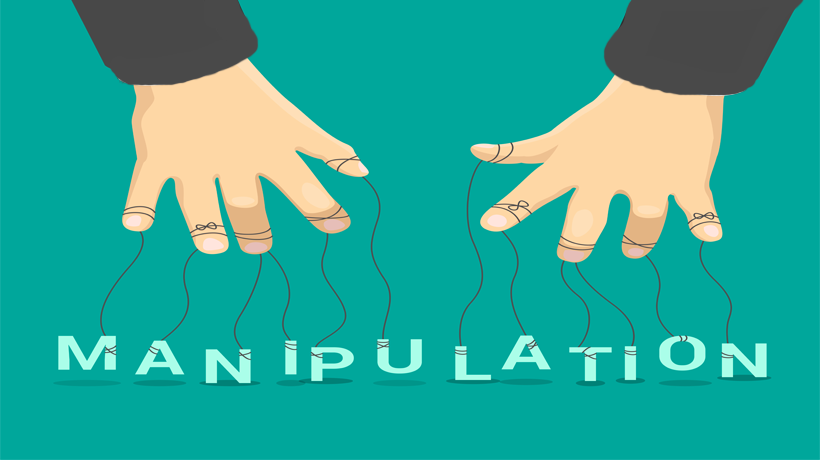A couple of years ago, I asked several of my colleagues to offer their opinion on the title of my new book, “Bridge Builders: How Superb Communicators Get What They Want in Business and In Life.”
One of their comments surprised me: “I’m not sure about the ‘Get What They Want’ part. It feels [pregnant pause] manipulative,” she said.
Her comment prompted a discussion and clarification about the differences between persuasion and manipulation, so let’s start there.
A persuasive person is able to inspire people to do or believe something through the power of superb communication and inspiring actions.
A manipulative person uses or controls other people in a clever, calculated manner, often with ulterior, unfair or selfish motives.
Given those definitions, let’s agree that Martin Luther King, Jr. was a persuasive person, whereas Hitler was a manipulator.
Now, where it gets tricky is that both persuasion and manipulation are grounded in some basic rhetorical instruments that appeal to one’s logic, emotions and ethics. Intent is the line between someone hoping to persuade you towards something worthy whereas manipulators will misuse rhetoric and communication in order to achieve their selfish plans.
That said, consider these eight communication tactics that manipulators use to get what they want:
- They manipulate your emotions until the idea of violating your core values seems logical
- They disrespect your boundaries and gain ground little by little every day
- They convince you that keeping secrets from the people you trust is the best thing
- They use their knowledge of your weaknesses to shame you and guilt trip you
- They deflect attention from themselves by using probing questions, then use your own answers against you to build an argument and get what they want
- They use subtle or overt criticism to crack your self-confidence
- They decorate lies with half-truths or facts out of context to sound more credible
- They offer plausible but hard-to-prove excuses to justify deplorable behavior
Not all manipulators are created equal. Let’s consider three types (although there may be more):
Accidental manipulators
They lack self-awareness but don’t intend harm. They’re usually sloppy communicators who want to be persuasive but don’t know how.
Survivor manipulators
They’ve been burned, manipulated before. Their motto is “manipulate or be manipulated.”
Narcissist manipulators
Two words: DANGER and RUN. They’ll get what they want at any cost.
Now what?
- Steer clear of manipulative narcissists or you’ll get hurt. Don’t try to save them. Leave that to professionals. Instead, be a keen observer of their tactics. The minute you feel yourself violating your values and lying to those who care about you—RUN!
- For the rest: There’s a better way. If you are one (I used to be) I wrote Bridge Builders for you and for me.
Bottom line: Don’t give manipulative tactics an inch. Refuse to be a manipulator. Become a Bridge Builder and inspire others to do the same.



